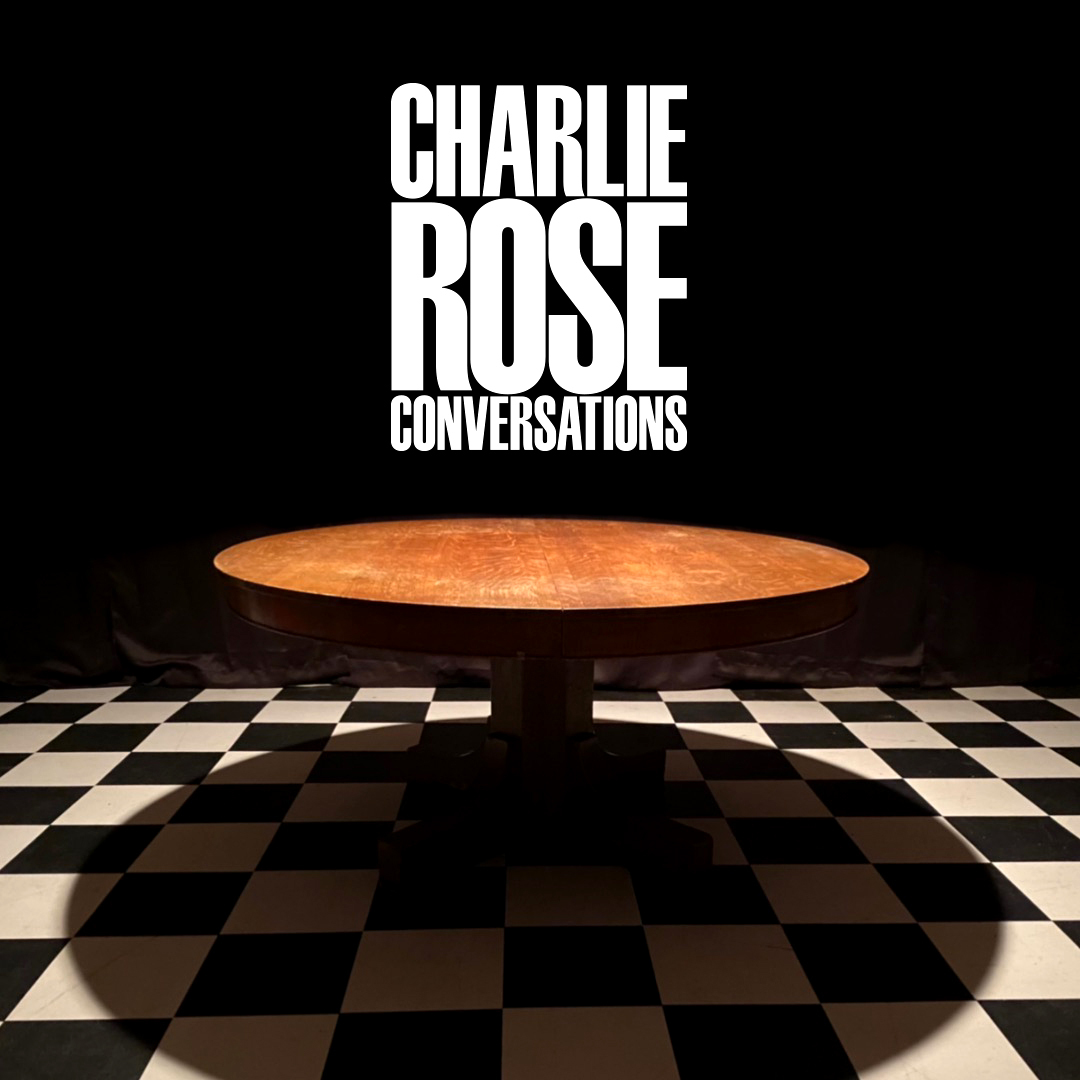
A conversation with David Ignatius: novelist, internationally admired foreign affairs columnist, and associate editor of the Washington Post.
- February 18 2026
- February 08 2026
- January 31 2026
- January 19 2026
- October 31 2025
- October 24 2025
- October 14 2025
- October 08 2025
- October 04 2025
- October 02 2025
- September 30 2025
- September 21 2025
- September 16 2025
- September 10 2025
- September 05 2025
- August 22 2025
- July 18 2025
- December 29 2024
- December 09 2024
- November 27 2024
- September 20 2024
- September 10 2024
- August 29 2024
- August 13 2024
- February 20 2024
- February 16 2024
- January 11 2024
- December 26 2023
- December 24 2023
- December 12 2023
- December 04 2023
- November 14 2023
- November 02 2023
- November 01 2023
- October 20 2023
- October 12 2023
- July 28 2023
- March 09 2023
- March 06 2023
- October 07 2022
- September 03 2022
- August 16 2022
- August 03 2022
- June 20 2022
- June 09 2022
- May 27 2022
- May 17 2022
- May 10 2022
- April 14 2022
David Ignatius
David Ignatius is an internationally admired foreign affairs columnist and associate editor at the Washington Post. He is also a popular novelist, writing 12 successful novels about the world he covers as a reporter and columnist. His latest is Phantom Orbit. It is about space warfare in which a Russian scientist educated in part in China reconnects with an American woman he met in China, who is now a CIA analyst.
David’s strength as a columnist and novelist is his extraordinary knowledge and access to primary players in espionage and statecraft around the world, men and women who are on the front lines of the global struggle among nations to survive and dominate in peace and war.
David Ignatius graduated from Harvard College magna cum laude, and studied at King’s College Cambridge. He has had a varied and distinguished career working as an editor and reporter at the Wall Street Journal and the Washington Post. He was executive editor of the International Herald Tribune in Paris. Ignatius not only writes novels and a twice weekly column, but is also a commentator from MSNBC, appearing often on morning Joe.
One of his most widely discussed columns came after returning to the Washington Post. It was written in September, 2023, in which he complimented President Biden on his achievements, but urged him not to run for reelection.
He just returned from a post-election trip to Europe.
- Prev
-
November 27 2024
- February 18 2026
- February 08 2026
- January 31 2026
- January 19 2026
- October 31 2025
- October 24 2025
- October 14 2025
- October 08 2025
- October 04 2025
- October 02 2025
- September 30 2025
- September 21 2025
- September 16 2025
- September 10 2025
- September 05 2025
- August 22 2025
- July 18 2025
- December 29 2024
- December 09 2024
- November 27 2024
- September 20 2024
- September 10 2024
- August 29 2024
- August 13 2024
- February 20 2024
- February 16 2024
- January 11 2024
- December 26 2023
- December 24 2023
- December 12 2023
- December 04 2023
- November 14 2023
- November 02 2023
- November 01 2023
- October 20 2023
- October 12 2023
- July 28 2023
- March 09 2023
- March 06 2023
- October 07 2022
- September 03 2022
- August 16 2022
- August 03 2022
- June 20 2022
- June 09 2022
- May 27 2022
- May 17 2022
- May 10 2022
- April 14 2022
- Next



